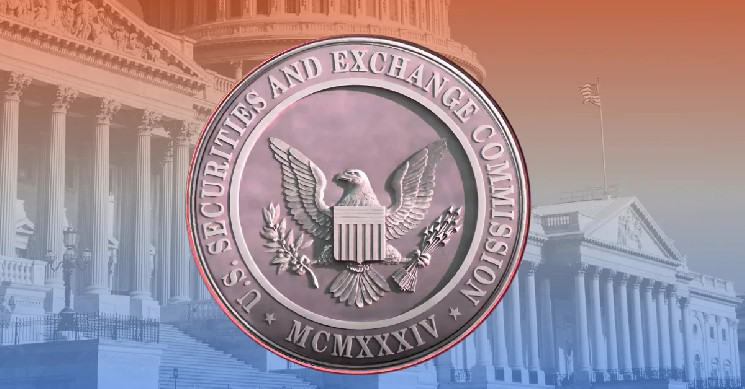In a Thinking Crypto podcast, Amanda Tuminelli, Chief Legal Officer at the Defi Education Fund, has discussed the IRS and treasury’s recent rulemaking on digital asset transactions. The IRS finalized a tax reporting rule for defi industry participants on December 27th, which they argue is too broad to be considered a broker under the statutory definition. They filed a lawsuit against the Blockchain Association and Tech Texas Blockchain Council in federal court to preserve their objection to the rule.
A Pushback Possible?
The TLDR defines a broker as someone who, for consideration for money, effectuates transfers of digital assets on behalf of another person. However, the IRS has stated that front ends do not take custody and are merely assisting the user in completing a transaction. The IRS’s logic is that any service that’s effectuating a transaction, regardless of the statutory definition, can be considered a broker.
She noted that the IRS’s rule was intended to be implemented in 2025, but it is expected to be future-oriented and not impose a reporting obligation until January 1, 2027.
However, with an incoming pro-crypto administration, she expects that there may be pushback or rollback of the rule. Congress can use their ability to review the rule under the Congressional Review Act and disapprove of it, ensuring it doesn’t have effect before the deadline.
Optimism Ahead With Trump Administration
Tumelli also discusses the upcoming election of pro-crypto President Donald Trump, who is expected to take the crypto industry seriously. Another significant factor is the appointment of Paul Atkins, who will relace Gary Gensler, who known for his hostile approach towards crypto. There are also expectations that the SEC under new chair will drop some non-fraud cases and focus on fair rules to avoid the need for piecemeal lawsuits.
Notably, Amanda anticipates a shift in SEC leadership under new Chair Paul Atkins, which may lead to favorable settlements or clearer rules for crypto businesses. She also touches on the DOJ’s approach toward developers, particularly in cases involving Tornado Cash, expressing concerns over overly broad criminal liability for creating software tools used by bad actors.
Overall, Amanda remains cautiously optimistic about the potential for positive change in 2025, hoping for more regulatory clarity and a reduction in litigation for the crypto industry
 coinpedia.org
coinpedia.org
